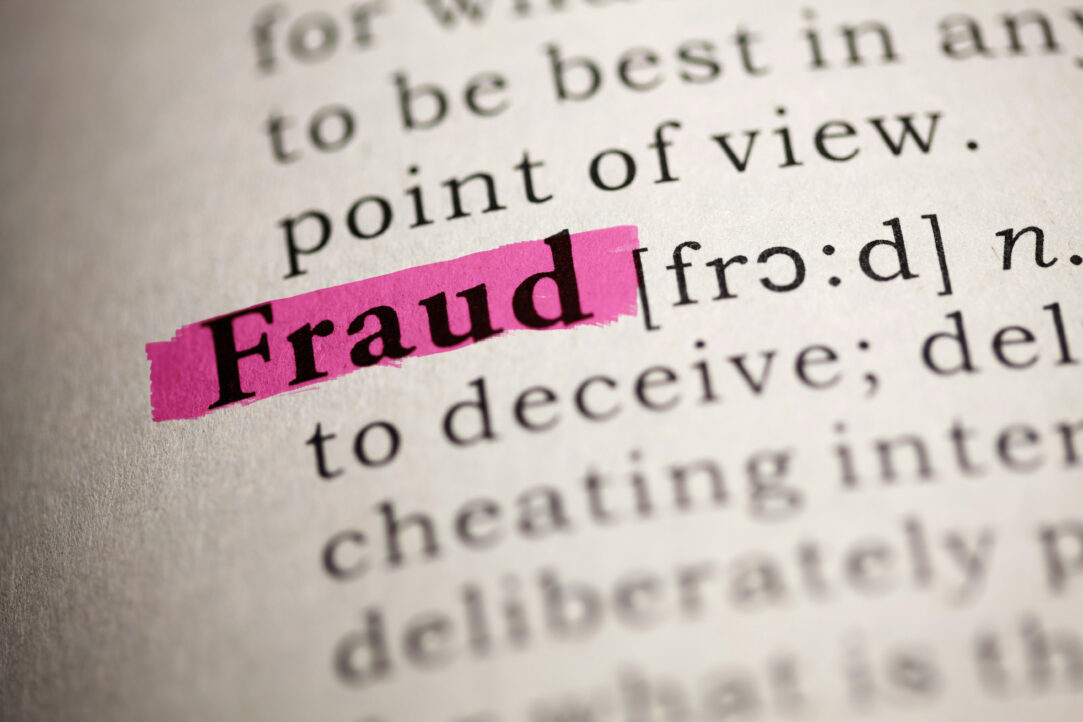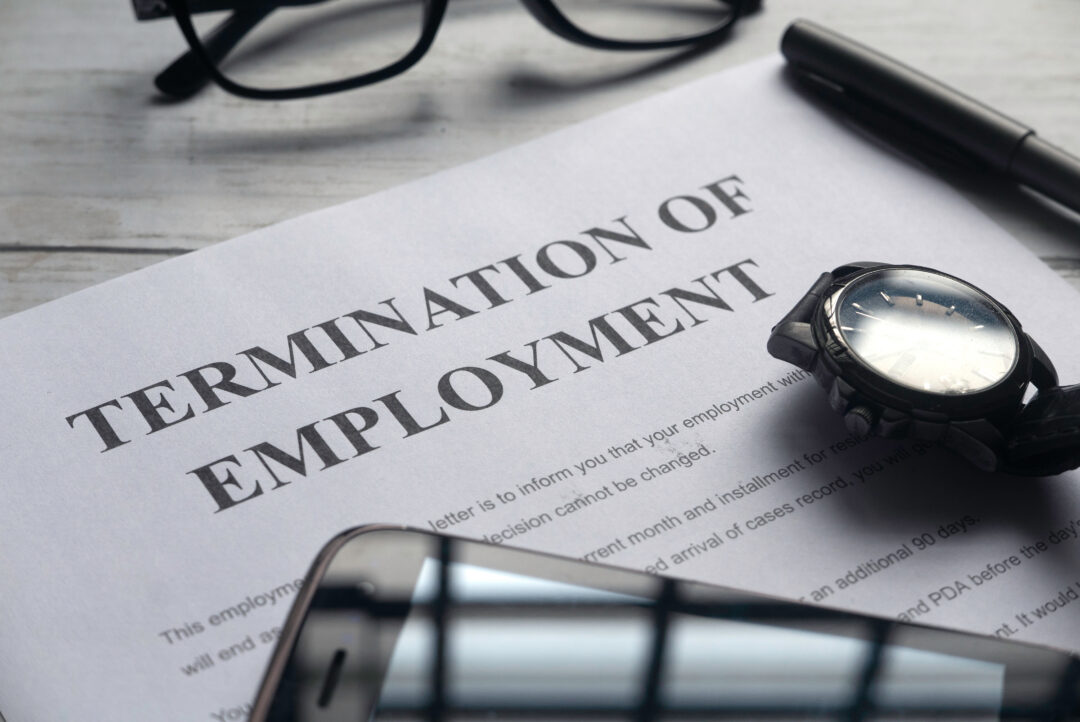Employment Alert – Reducing Sick Pay for Unvaccinated Staff

Reducing sick pay for unvaccinated staff
What’s happening?
It has been widely reported that some high-profile employers are choosing to reduce sick pay entitlements for unvaccinated staff who are self-isolating due to COVID.
Under the current rules, unvaccinated people are required to self-isolate for 10 days if they have come into contact with someone who has tested positive for COVID. The requirement to self-isolate doesn’t apply to those that are vaccinated.
Some employers are removing enhanced sick pay entitlements, so that unvaccinated staff would only receive SSP if they are unable to work because they are self-isolating.
Why is this important?
Although this move may reduce sick pay costs, employers should think carefully before making this change.
Firstly, sick pay is usually governed by the employment contract and/or absence policy. As a result, if the contract does not offer the employer the flexibility to take this action, there would be a risk of claims. In addition, staff are likely to be less willing to self-isolate if they would only receive SSP while doing so. This could encourage them to come to work and potentially infect other members of staff, which could then increase absence levels.
There is also a potential discrimination risk here. Statistically, some protected groups under the Equality Act 2010 are less likely to be vaccinated – for example, many people with disabilities can’t be vaccinated for health reasons, pregnant women are less likely to be vaccinated etc. To minimise this discrimination risk, employers would need to assess each case on its facts to establish whether allowances should be made. This will create an additional administrative burden.
The other key unknown is how staff and customers will react to this approach. COVID vaccination has become a highly emotive topic and it’s possible that employers who reduce sick pay for unvaccinated staff may receive a backlash. People who feel strongly that they shouldn’t face negative consequences for choosing not to be vaccinated may make their views known. This could result in conflicts between staff with opposing views, which could foreseeably have an impact on staff engagement and retention.
What should you do?
- First, consider whether this move is right for your business. You should balance the potential risks and issues with any expected benefits.
- If you do wish to implement the change, you would need to check the contractual position regarding sick pay entitlements.
- If this would amount to change in contractual terms, you should communicate and consult with staff before implementing it, and seek legal advice on this process.
- Ensure that you have put in place adequate measures to minimise the discrimination risk – each individual case will need to be considered.
- Prepare for any potential staff or customer backlash which may arise from these changes.
If you need more information please contact us on 0800 2800 421 or email [email protected] to find out how we can help.












